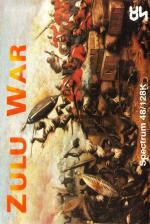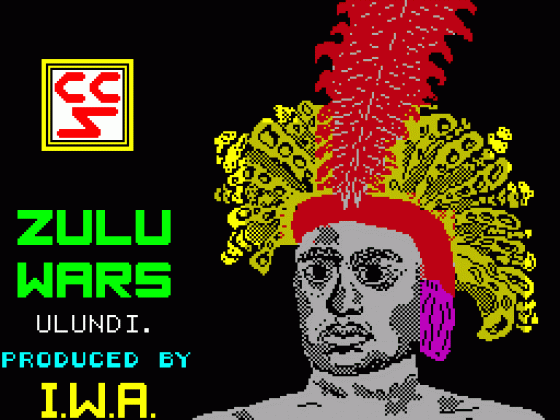Other Reviews Of Zulu War For The Spectrum 48K
Zulu Wars (Cases)
A review by Philippa Irving (Crash)
Zulu War (Cases)
A review by Richard Blaine (Your Sinclair)
Zulu War (Cases)
The British Empire attempts to strike back
Zulu Wars (Cases)
A review by Jack Daniel (Sinclair User)
Zulu War (Cases)
A review


 1st August 1987
1st August 1987


